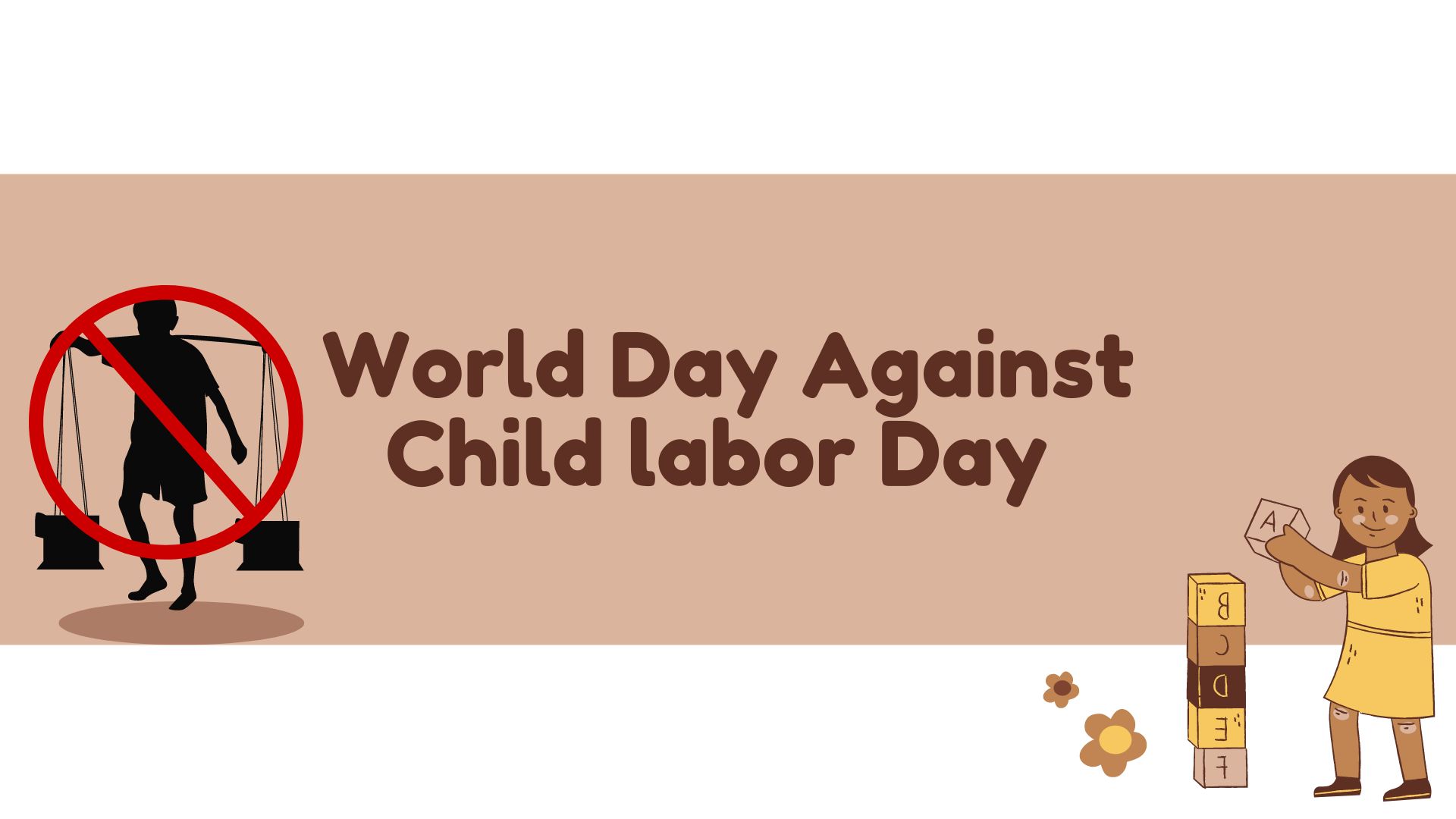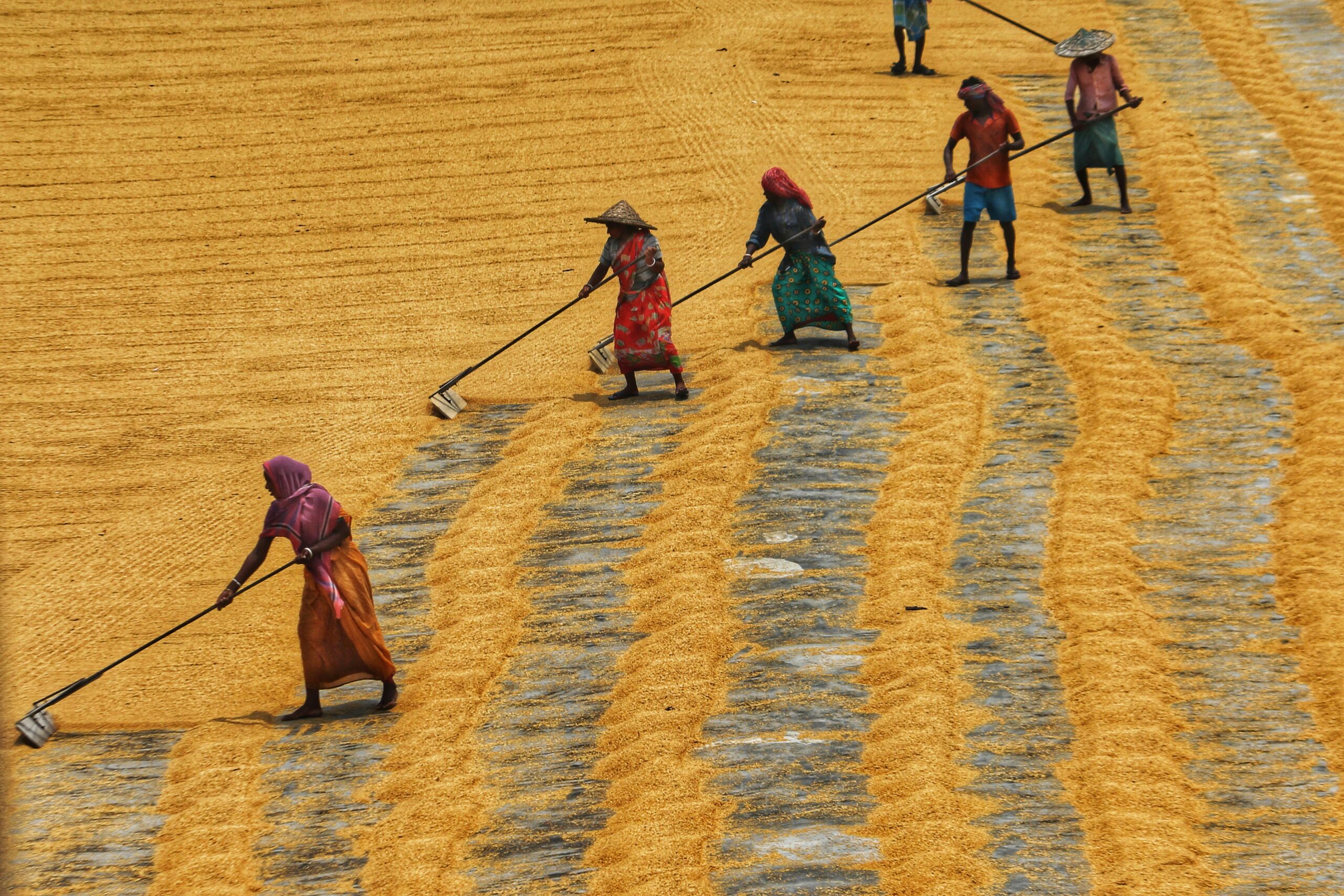India completed its 75th year of Independence. Economic prosperity has increased manifold in the nation in the past few decades. Our nation has also come a long way in delivering a better life to its citizens— however, there is still a long way to go. Environmental and social sustainability have emerged as two aspects that need to be taken care of on an urgent basis.
A key concern for India in recent years has been energy security. Fossil fuels not only worsen climate change, but also have several sourcing issues. The recent geopolitical conflict has highlighted that geopolitical risks can spill over into energy risks. Embargoes on oil in the international market have sent prices skyrocketing over the last few months. Grades of domestic coal in India have also been falling, along with lack of adequate stockpiles at the thermal power plants.
The above situation suggests that renewable energy must play a greater role in India’s energy mix. For better energy security, India must focus on creating decentralized grids that connect users in remote locations with reliable power supply (also generated locally). Sunshine is abundant in most regions in India. Some locations also offer a good scope of installing wind energy.
With industrial promotion schemes such as Make in India and India Semiconductor Mission, industrial energy requirement is already on the rise. In the textile and apparel sector, clusters such as Tirupur and Erode are often dependent on coal, etc. for firing boilers—there has been a demand for natural gas pipelines to serve this need. But keeping in mind India’s net zero commitments, it is crucial that the transition to renewable energy happens now. Industries in various locations have also been demanding that subsidies for solar and wind energy be brought back.
Another important aspect of sustainable industrial development is wastewater treatment and reuse, as it can reduce freshwater use and also prevent pollution. But wastewater treatment is an energy-intensive process. Latest technologies, especially reverse osmosis and zero liquid discharge (ZLD) are energy guzzlers. To bring down scope 2 emissions, wastewater treatment facilities such as Common Effluent Treatment Plants (CETPs) should also be linked with Renewable energy grids.
India has rapidly added to its solar energy capacity in the last decade. The ideal path for the country would be to target a diverse mix of energy sources, to ensure our energy security, with a lion’s share of renewable energy.
“NOTE: The views expressed here are those of the authors and do not necessarily represent or reflect the views of CRB.”
[1] https://www.un.org/en/observances
[2] https://www.un.org/en/global-issues/youth
[3] https://documents-dds-ny.un.org/doc/UNDOC/GEN/N00/246/20/PDF/N0024620.pdf?OpenElement
[4] https://press.un.org/en/1998/19980812.soc4472.html
[5] https://www.un.org/development/desa/youth/what-we-do/international-youth-day.html
[6] https://www.un.org/en/global-issues/youth
[7] https://www.un.org/development/desa/youth/what-we-do/international-youth-day.html
[8] https://www.un.org/en/observances/youth-day
[9] https://www.un.org/sustainabledevelopment/development-agenda/
[10] https://sdgs.un.org/goals













































































































